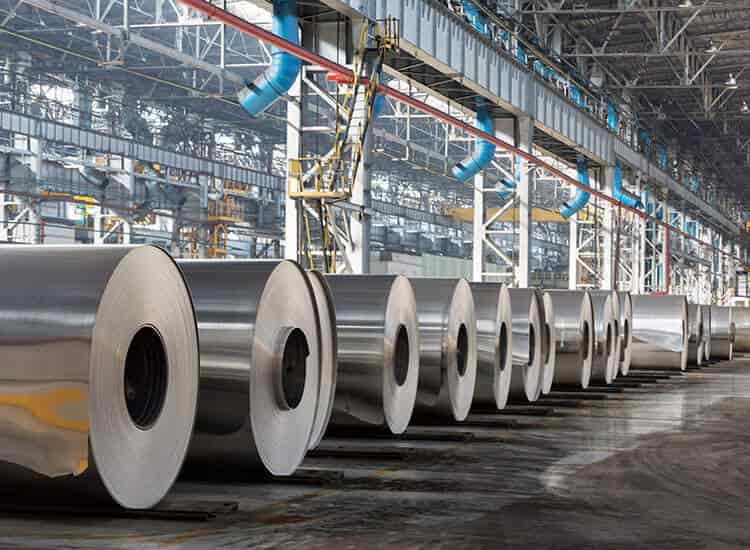In the dynamic world of the steel industry, where supply chain efficiency and quality are paramount, nurturing strong relationships with suppliers is crucial for sustained success. Effective management of supplier relationships not only ensures a smooth flow of materials but also fosters innovation, reliability, and mutual growth opportunities. Here’s how steel industry players can strategically manage their supplier relationships for longterm benefits:
Clear Communication
Communication forms the cornerstone of any successful relationship. Establishing clear channels of communication helps in conveying expectations, discussing challenges, and exploring new opportunities collaboratively.
Transparency and Trust
Building trust through transparency in dealings is essential. Both parties should be transparent about their capabilities, constraints, and business objectives to align their interests effectively.
Mutually Beneficial Contracts
Crafting contracts that are fair and mutually beneficial sets the foundation for a sustainable partnership. These contracts should outline responsibilities, quality standards, pricing mechanisms, and dispute resolution processes clearly.
Performance Evaluation
Regularly assessing supplier performance against predefined metrics ensures accountability and identifies areas for improvement. This evaluation process should be constructive, focusing on enhancing overall efficiency and quality.
Continuous Improvement
Encouraging a culture of continuous improvement benefits both suppliers and steel manufacturers. Collaboratively seeking ways to enhance processes, reduce costs, and innovate product offerings can lead to competitive advantages.
Risk Management
Proactively managing risks such as supply chain disruptions, raw material price fluctuations, and geopolitical uncertainties is critical. Developing contingency plans and maintaining open lines of communication help mitigate potential risks effectively.
Innovation and Development
Partnering with suppliers to innovate and develop new products or processes can lead to differentiation in the market. This collaborative approach fosters creativity and positions both parties as industry leaders.
Relationship Building
Beyond business transactions, investing in building personal relationships with key stakeholders at supplier firms strengthens bonds and fosters loyalty. This human element often enhances collaboration and problemsolving capabilities.
Adaptability to Change
The steel industry is constantly evolving, driven by technological advancements and market shifts. Suppliers and manufacturers must remain adaptable to change, adjusting strategies and operations as needed to stay competitive.
Ethical Standards
Upholding high ethical standards in all business dealings is nonnegotiable. Both parties should adhere to ethical guidelines regarding labor practices, environmental sustainability, and regulatory compliance.
By prioritizing these strategies, stakeholders in the steel industry can cultivate enduring supplier relationships that drive operational excellence, innovation, and longterm growth. Effective supplier relationship management isn’t just about transactional efficiency; it’s about building strategic partnerships that withstand the tests of time and market dynamics. Through mutual respect, shared goals, and proactive collaboration, the steel industry can navigate challenges and seize opportunities for sustainable success.




